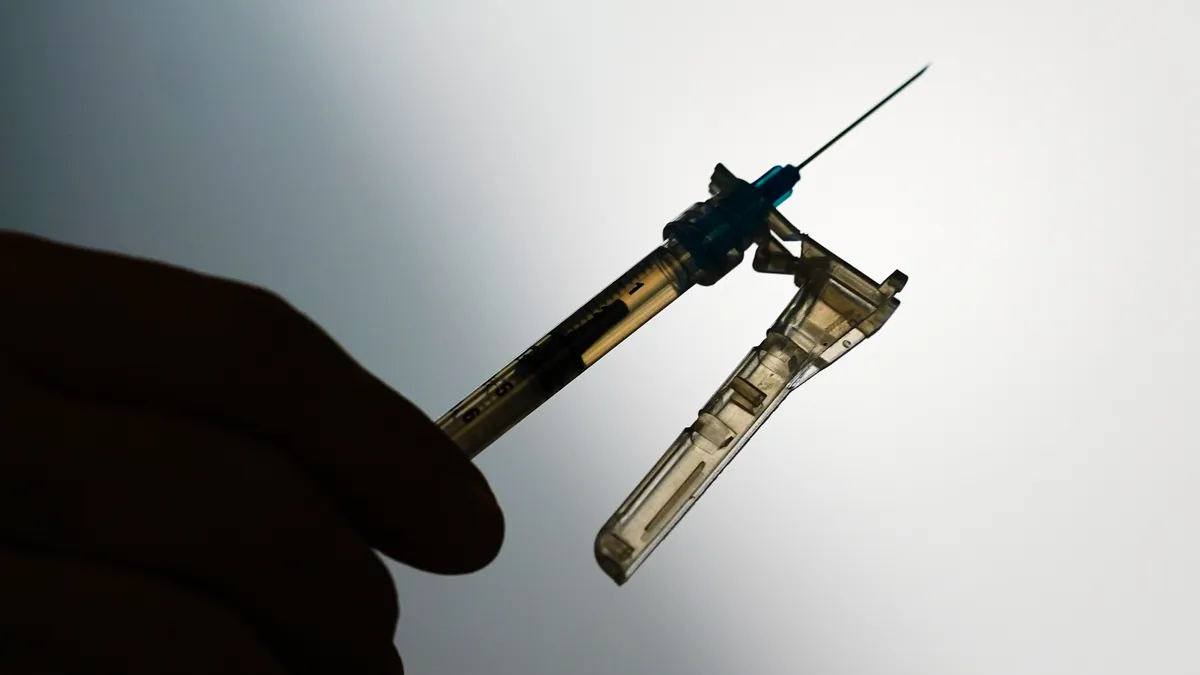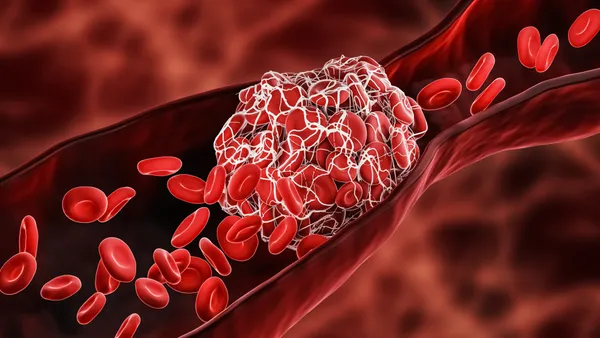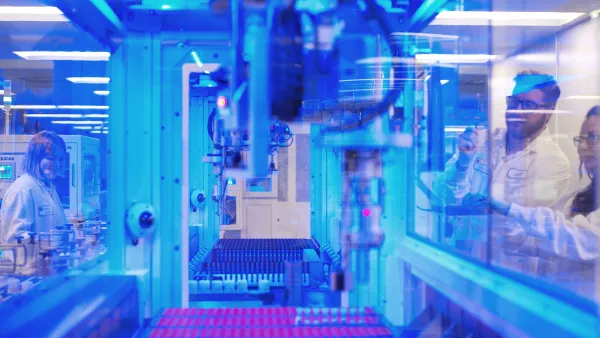Dive Brief:
- Edwards Lifesciences has voluntarily recalled two atrioseptostomy cardiac catheters due to the potential for difficulty in deflating the balloon after it is deployed, which could cause it to fragment or detach during retrieval. The devices are used to correct complex congenital heart defects in infants.
- The agency Friday classified the recall as Class I, the most serious type, because using the devices could cause serious injury or death.
- FDA said a serious injury was reported in which an infant underwent an invasive but successful procedure to retrieve a detached balloon. No deaths were reported.
Dive Insight:
Edwards recalled the Miller balloon atrioseptostomy catheter and Fogarty dilation atrioseptostomy catheter, with model numbers 830515F and 830705F. The devices were manufactured between Dec. 22, 2017, to Jan. 18. 2019, and distributed between Jan. 9, 2018, and February 25, 2019. There are 1,460 Miller catheters and 956 Fogarty catheters in the field.
Balloon atrioseptostomy is a procedure to enlarge the opening between the two upper chambers of the heart.
It is an accepted technique in most pediatric cardiology centers for treating several congenital cardiac defects, according to FDA. Those include transposition of the great arteries, total anomalous pulmonary venous drainage without pulmonary obstruction, tricuspid atresia, and pulmonary atresia with intact ventricular septum.
Edwards said both the Miller and Fogarty catheters are designed for use in procedures to enlarge interatrial openings in the heart in infants with the condition called transposition of the great vessels. The congenital defect occurs when the two main arteries that carry blood from the heart to the lungs and rest of the body are improperly connected. Corrective surgery soon after birth is typically required.
Edwards is recalling the catheters because it has received reports of difficulty with deflating the balloon after deployment as well as reports of balloon fragmentation and detachment. FDA said these issues could cause serious health problems including damage to the heart, the inferior vena cava or the femoral and iliac veins.
The result could be permanent patient disability, pulmonary embolism, stroke, damage to other organs or death. Additional procedures may be needed to retrieve fragments.
Edwards is conducting an investigation into the cause of the problem and is asking customers to return any existing inventory of the device models. It does not have an estimated date for when replacement products will be available and asks customers to inquire about the availability of similar products.











